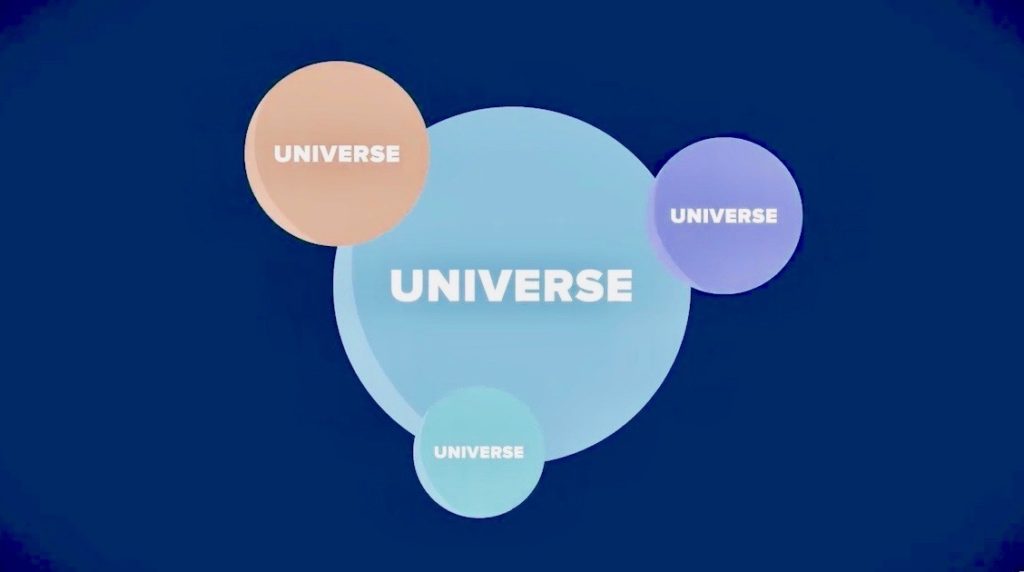 Faith & Science
Faith & Science
 Physical Sciences
Physical Sciences
“Faith” and the Multiverse: A Response

Regarding “Multiple Problems with the Multiverse,” I grasp the argument Professor Brian Keating is making in his PragerU video — namely, that current cosmologists who invoke a multiverse do so on the slenderest (or no) evidence. However, his use of the word “faith” in this context is really pernicious.
“Faith,” in the Biblical sense, is never the antonym of “knowledge.” A much better use of “faith” would mean “trust on the basis of evidence already provided,” which (to my understanding) fits well with every Biblical episode where faith is mentioned or commended.
Furthermore, faith is held up consistently throughout the Bible as most praiseworthy, and indeed, the gift of God (Ephesians 2:8). Rather a sharp reversal in reference, therefore, when the same noun is used to denote groundless credulity.
Which, really, is what Professor Keating means: “I don’t have enough credulity to posit a multiverse.” Even that word choice, however, fails, because it entails that theists are also credulous, only to a lesser degree.
What is being lost in this rhetoric? Truth and falsehood. Not degrees of greater or lesser credulity. Why not say, “While attractive for many philosophical reasons, the multiverse is a false hypothesis”?
I fear that when we hold our own positions, not because we know (or even believe) they are actually true, but for other reasons, we cannot say that an opposing position is false: we can’t know that to be the case. So then the discussion becomes who has the bigger or smaller credulity heap, on which they are standing.
Please — let’s break this noxious intellectual habit of using “faith” as the antonym of “knowledge.”


